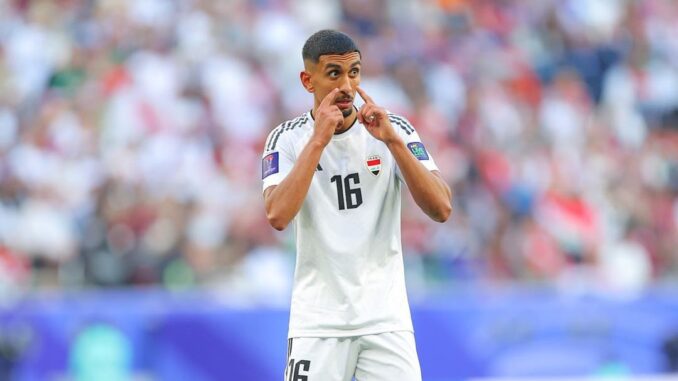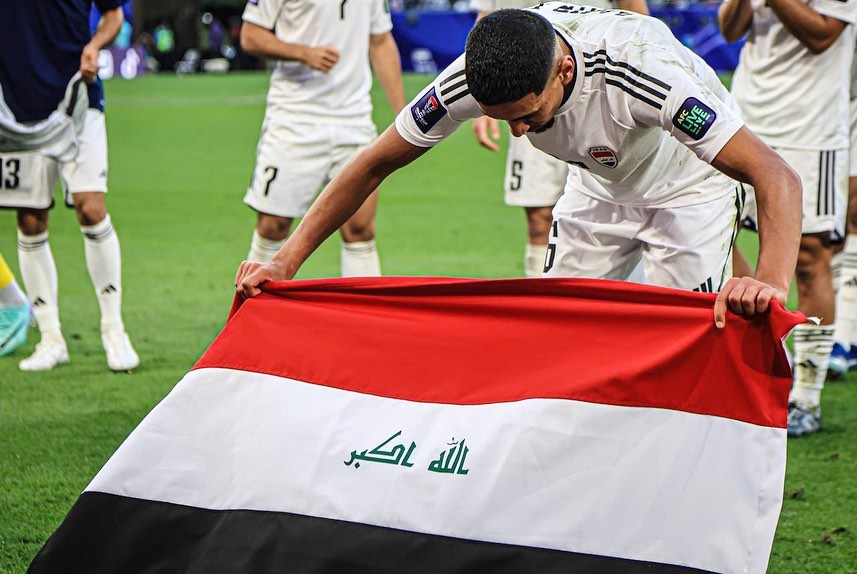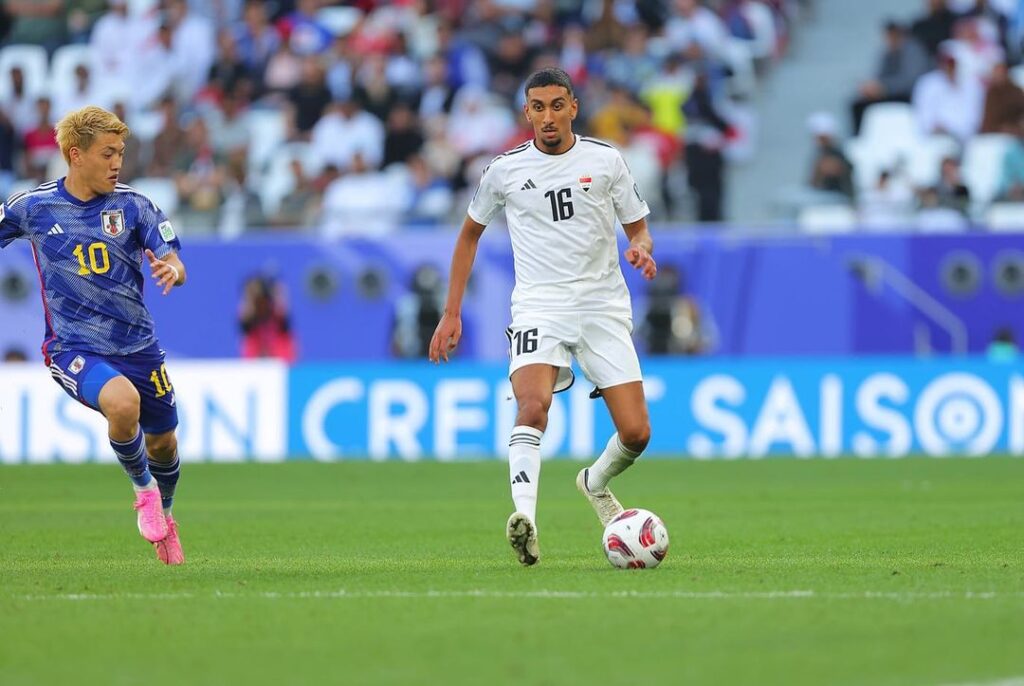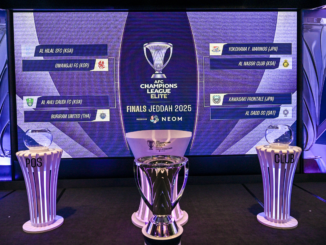
More than a decade and a half after they, against all odds, lifted the AFC Asian Cup trophy for the first time, could Iraq be set to repeat that feat?
After an opening win against Indonesia and then a stunning upset of Japan, Iraq have been arguably the most impressive nation through the first couple of rounds of group matches and the similarities between this tournament and the 2007 edition are striking.
As was the case in that tournament co-hosted in Southeast Asia, Iraq started with a solid showing against an ASEAN nation (a 1-1 draw with Thailand) and then followed it with an eye-catching win over one of the tournament favourites, on that occasion a 3-1 victory against Australia in Bangkok.
Iraq concluded the group stage with a scoreless draw against Oman to end up topping the section and then faced Vietnam in the second round and just to complete the parallels it’s the Vietnamese who they again face here in the final group encounter.
At the helm then was a wily foreign coach in the shape of Jorvan Viera and in the current edition it’s the highly-regarded Spaniard Jesus Casas, but there are plenty of players who share similar attributes across both editions.
In goal, Noor Sabri and now Jalal Hassan were/are both reliable shot-stoppers, Ali Rehema and Saad Natiq are both physical, yet composed, central defenders, the emerging midfield tempo-setter then was Nashat Akram whereas now it’s Amir Al-Ammari (more on this brilliant talent later), Hawar Mulla Mohammed was the tricky winger, whose mantle has been taken now by the likes of Ali Jasim and Youssef Amyn and up front it’s easy to make the links between the prolific captain Younis Mahmoud and Mohanad Ali, both technically of a similar age heading into the respective tournaments.

As was the case in 2007, so it is in 2024 that Iraq are able to win in different manners, dominant and expressive against Indonesia and deadly in transition in the win over Japan.
Perhaps the starkest difference between that previous group and this one is the level that the players are training/playing it and a concerted, genuine, tapping into the diaspora for the first time at a major tournament.
Whereas the 2007 group had just the one player based outside Asia (Hawar, in Cyprus), almost half of the current selection play their club football in Europe, while there are players assembled in Qatar who were born or raised in Germany, England, France, Sweden and Denmark.
You get a sense that the variety of backgrounds has helped contribute to a steely mentality that saw the team unafraid to try and match a far more fancied opponent in Japan, and while it was the Japanese that enjoyed the bulk of possession and overall shots, the xG numbers were close enough (1.1 to 1.7) to give an indication of a tight contest where Iraq emerged as genuine title contenders after having entered it as perhaps dark horses at best.
Casas has already managed the squad effectively, giving playing time to 18 different players and that number can be expected to swell for the Vietnam match now that Iraq have secured top spot in the group.
Unfortunately that may mean one less chance to see a player who, for me, has been the standout across the tournament so far, but one who isn’t being spoken of as such.
Sitting as one of the two central midfielders in Iraq’s 4-2-3-1, Amir Al-Ammari has turned in two outstanding, if understated, performances and his class in the middle of the pitch has both allowed his nation to limit the number of clear-cut chances conceded and also for others to flourish in the more advanced areas of the pitch.

The 26-year-old’s work has been superb throughout; his positioning and movement have been precise, his passing crisp and accurate, his tackling clinical (including one in the second half against Japan where he cleanly won the ball off Takefusa Kubo and celebrated as if it was the winning goal), he’s provided a threat in and around the box and also been generally accurate from set-piece deliveries as well.
For a variety of reasons, it’s taken far longer than it should have to insert Al-Ammari as the key cog in the middle of this Iraq side but perhaps it’s no coincidence that since that happened – primarily following the arrival of Casas – that the national team has been on a superb run of results.
Of the 17 matches he’s started since late 2022, Iraq have won 11 and drawn another two, and a driving part of that success has been the man operating in the midfield shadows in Al-Ammari.
While the Africa Cup of Nations is, disappointingly, taking more of the international spotlight right now, surely scouts from the leading European nations are taking a keen interest in events in Qatar.
If so, it would be amazing if Al-Ammari continued to play his club football in Sweden too much longer after emerging as the star of the first few rounds of action at an Asian Cup where Iraq are now very much serious title contenders, driven on by this midfield maestro born in southern Sweden.
Photos: IG/amiralammarii
Listen to The Asian Game Podcast as we look back on the opening week of action at the AFC Asian Cup




